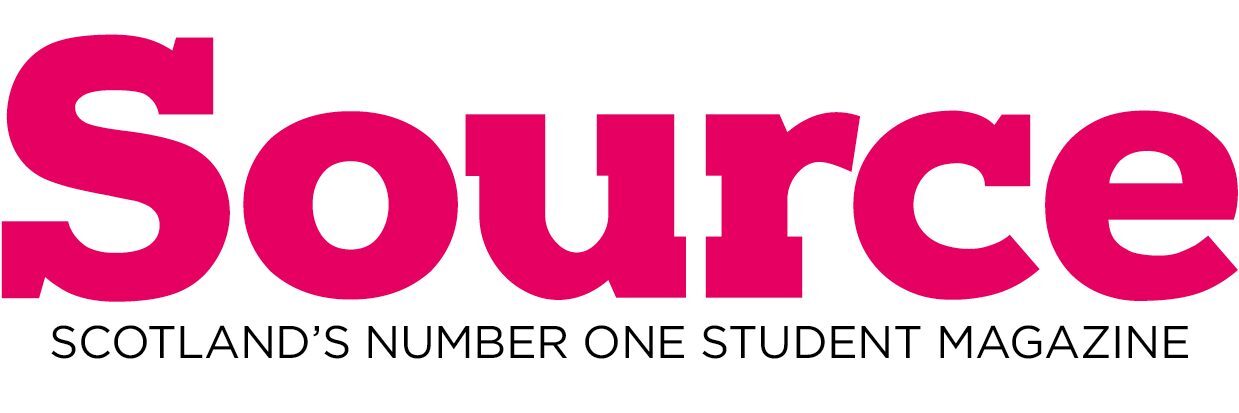
Let’s face it, there’s nothing worse than being skint. Your mates are all away out, you can’t book that holiday everyone else is going on and you’ve got approximately 36p to get you through next weekend.
Which is what makes the idea of borrowing money instantly so appealing. A report last week showed that over 6,000 Scots students have taken out a payday loan – and this is definitely not the answer to any financial troubles.
Payday loan companies, essentially, lend cash to people at short notice, with the idea being that you pay them back as soon as you get paid. The interest rates, however, are extortionate – so if you don’t pay it back in full and on time, you end up owing the lender a heck of a lot more than you borrowed in the first place.
So, if you’re feeling the pinch, what can you do to make your cash stretch that bit further and avoid getting yourself into a monetary mess?
Keep a spending diary
Boring, maybe, but if you’re tempted to turn to a payday loan company, it means your spending beyond your limits. So take a note of what you’re spending and decide what’s essential, what isn’t and where you can make some savings.
Budget
Look at your income – the money you have coming in – and the outgoings you’ve identified above. If your outgoings are higher than what you’ve got coming in, you need to take a look at where you can cut back, investigate where you can get some extra cash (such as more hours in your part-time job or selling some of your stuff on eBay) or talk to someone for some advice.
Borrowing
If you’re desperate, ask family or friends if you can borrow some cash – but make sure you put together a repayment plan, and put it in writing. Never, ever do this if you’re not sure you can pay them back – money can cause big issues in relationships, so never ask unless you’re sure you can avoid any bad feelings.
Student bank account
If you’re off to college or uni after the summer, or you’re already there, look into getting yourself a special student bank account. The main difference between student accounts and regular current accounts are that you often get an interest-free overdraft. And overdraft is basically a buffer which lets you withdraw more money than you actually have. In a normal current account, you’re charged interest if you go into this, but with student accounts, you don’t. This is the most cost-effective way for students to borrow money. But remember – after you graduate, you DO have to pay this back, so it’s not free money. But it can help.
The other great thing about student accounts is that they often come with freebies to tempt you to go with that bank. From free railcards to MP3 players, it’s worth shopping around.
Bursaries, scholarships and grants
If you’re studying, you might be entitled to apply for a bursary, grant or scholarship. These are great because you don’t need to pay them back, but they may come with conditions attached such as certain levels of attendance or attaining good grades. Your school, uni or college will be able to point you in the direction of the different things you can apply for.
Student loans
If you’re at college or university in Scotland, you can apply for a student loan through SAAS. This is a relatively low-interest loan which you automatically start repaying once you’re earning a certain amount – it just comes off your pay. How much you get depends on your parents’ income. Don’t borrow more than you need either – the less you borrow, the less you have to pay back, which puts you in a better position after you graduate.
Ask for help
The most important thing when you’re short of cash is to put your hands up, admit your struggling and ask for a hand. Your parents are a good first point of call, but if you don’t want to hassle them or know they’re not in a position to help, pick up the phone and ring the Money Advice Service helpline on 0300 500 5000. They can give you some pointers, put you in touch with a debt adviser and show you what your options are. MAS is free, and their advisers are totally impartial so you know you’re getting good, solid, sensible advice.
More information
Money Advice Service
www.moneyadviceservice.org.uk

